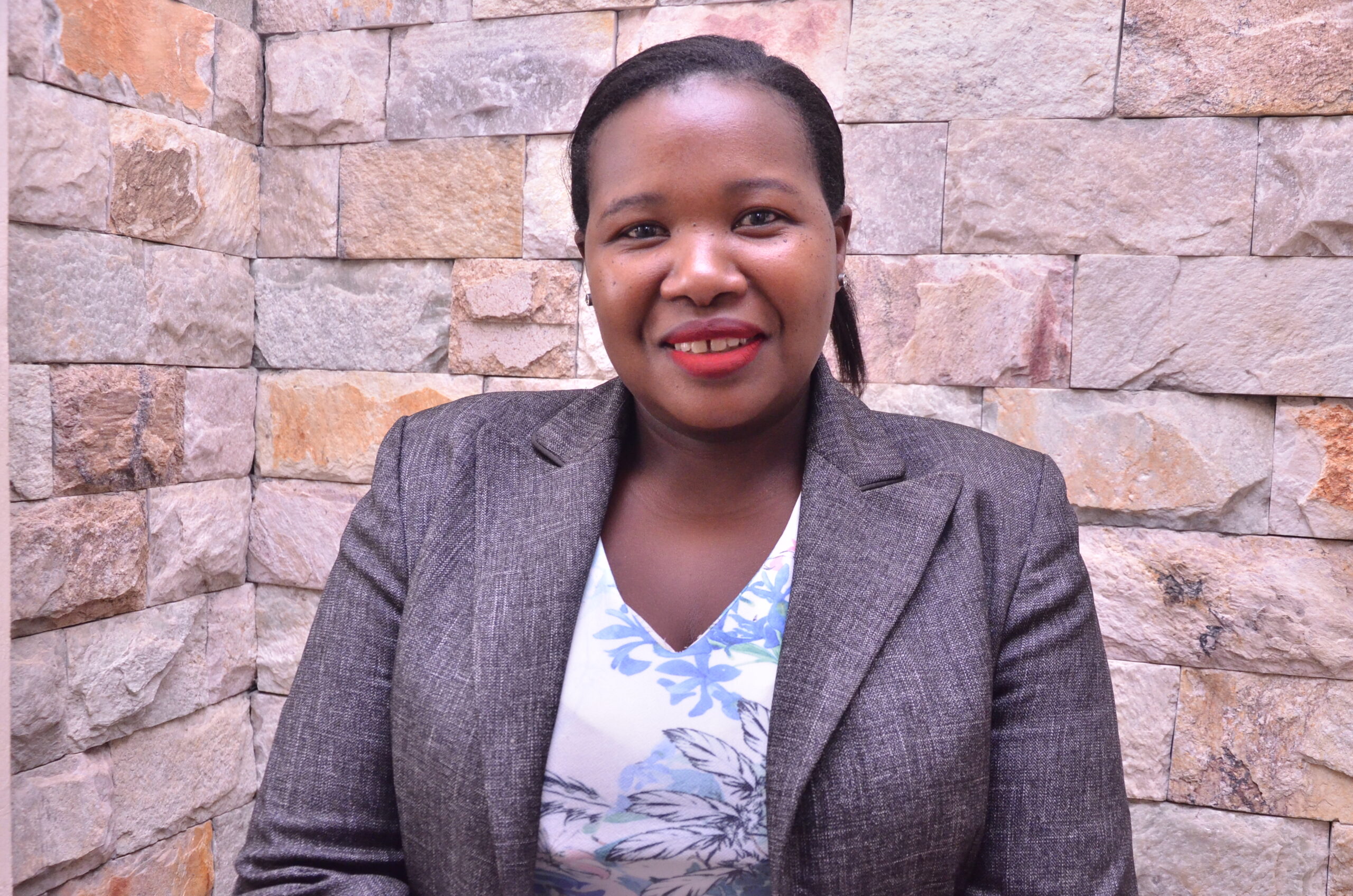I have personally breastfed my first child up to 1 year and 6 months. My current baby is 1 year and 3 months old, he is still breastfeeding and I intend to breastfeed him for up to 2 years. I am enjoying the benefits of this as they both rarely catch common illnesses. I recognize that I am privileged to work for an organisation that makes allowances for me to travel with my child so that breastfeeding can continue. That is why I call upon the government to mandate workplaces to cater to breastfeeding mothers.
– sARAH AKAMPURIRA
It’s incredible how happy and fulfilled a mother feels as she watches her child’s development from birth. This growth is usually facilitated by breastfeeding. Breastfeeding is more than just the ability to access one’s right to food, one’s right to health, or the performance of the duty of motherhood. Breast milk contains more components than any formula, food, or mixture on earth combined.
The bond a mother forms with her infant when breastfeeding has enormous advantages that assist the child as an adult. While nursing, a mother can quickly determine whether her child is healthy, sick, happy, or upset without using any words. The majority of the time, midwives tell us that talking to our children while we breastfeed is important because even when they are unable to speak back, they understand. This is crucial for the growth and development of children.
Did you know, however, that the benefits of breastfeeding endure longer for both the mother and the baby’s health the longer the child is breastfed?
Many scientists agree that there are numerous advantages to breastfeeding a baby exclusively for the first six months up to two years of age. Antibodies found in breast milk lower the incidence of ear infections, diarrhea, allergies, and asthma. They continue to note that babies who are breastfed have stronger immune systems and are less likely to require hospitalisation.
Appropriate diet, consumption of fluids like oatmeal, water, and fruit juice, good health practices, and the support of the mother’s entire family are all necessary for a mother to properly breastfeed her child and fulfill this divinely mandated duty. A mother will always find time for her baby to breastfeed, connect, chat, laugh, and experience the joy of motherhood despite all the other responsibilities of any adult woman, talk of professional/career aspirations outside the household setting, the desire to achieve career goals, not to mention the pressure that comes with it.
In commemoration of the recently concluded World Breast Feeding week under the theme ‘Step up for Breastfeeding’, I urge the government, the private sector, and other companies to take into consideration creating a nursery or special space at the office. In these spaces, moms can sit for a 20–30-minute break and breastfeed their children. This improves performance, stabilises the workplace, and keeps a mother’s mental health in check because she won’t have to worry about leaving her three-and-a-half-month-old at home with a babysitter for more than 10 hours while she is at work.
It is true that when you strive to eat and drink more to ensure that you have enough breast milk for the baby, this can sometimes result in weight gain. Instead of cutting back on drinks or placing limitations, increase your exercise to stay healthy and fit. So that you may continue to be an example to other mothers. Shut your ears to any unfavourable advice, especially when they say things like, “the baby is now a big boy or girl and he can do away with breast milk at six or eight months.” Continue breastfeeding your child and only introduce supplemental feeds once they are at least six months old. Also, make the most of any free time you have to do so. As a mother, you benefit in two ways: your child grows up healthy, and you lower your risk of developing breast cancer, ovarian cancer, and other cancers. It is a twofold gain.
Never forget the joy of parenthood, and once the breastfeeding phase is over, you will work on it harder. Don’t worry about the peer pressure about how you are gaining weight and, from what I hear, growing out of shape.
I have personally breastfed my first child up to one year and six months. My current baby is one year and three months old, he is still breastfeeding and I intend to breastfeed him for up to two years. I am enjoying the benefits of this as they both rarely catch common illnesses. I recognize that I am privileged to work for an organisation that makes allowances for me to travel with my child so that breastfeeding can continue. That is why I call upon the government to mandate workplaces to cater to breastfeeding mothers.
Last but not least, I urge all women who are able to do so to prolong their baby’s breastfeeding experience by delaying early weaning and to take advantage of the positive impacts breastfeeding has on both the mother and the child.
Sarah Akampurira is the Programme Coordinator, Community Empowerment at CEHURD, and a breastfeeding advocate.

